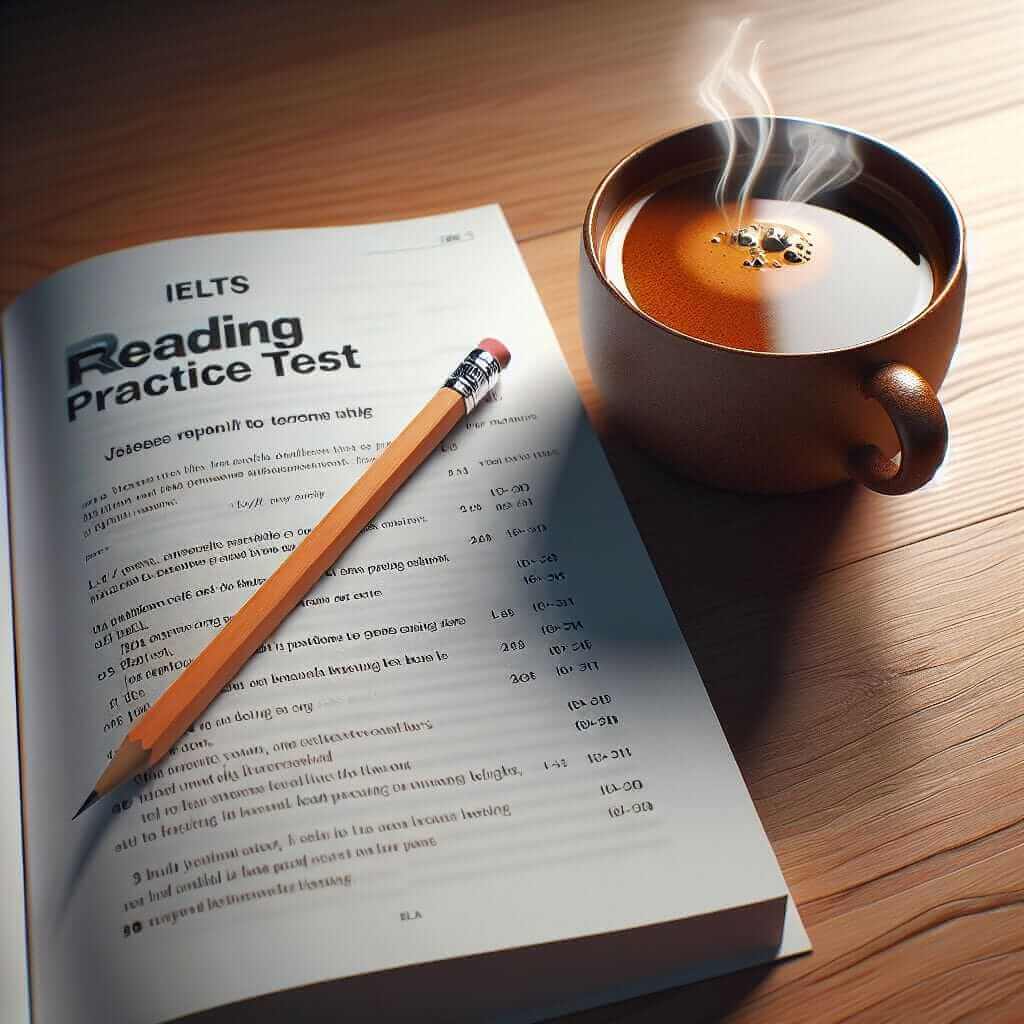The IELTS Reading section can be challenging for beginners, but with the right techniques and strategies, you can improve your performance and achieve a high score. In this article, we will explore various reading techniques that are effective for beginners. These tips are designed to help you understand the process, practice efficiently, and apply them in actual IELTS exams.
Understanding the IELTS Reading Section
The IELTS Reading section consists of 40 questions that need to be answered in 60 minutes. The section includes three passages with increasing difficulty and a variety of question types including multiple-choice, True/False/Not Given, matching headings, and more. Let’s dive into some key techniques that can help beginners tackle this section effectively.
1. Skim and Scan
Skimming
Skimming involves reading quickly to get the general idea of the text. You don’t need to understand every word. Instead, focus on headings, subheadings, and the first and last sentences of paragraphs.
Example:
In a text about the benefits of exercise, focus on sections titled “Advantages of Regular Exercise,” “Health Benefits,” and “Mental Well-being.”
Scanning
Scanning is the technique of searching for specific information or keywords in a text. It is useful for answering questions that ask for particular details.
Example:
If a question asks for the name of a scientist mentioned in the text, quickly scan through the text looking for capitalized names.
2. Understanding Question Types
Each question type in the IELTS Reading section requires a different approach. Here are some common types and tips for each:
True/False/Not Given
- True: The statement agrees with the text.
- False: The statement contradicts the text.
- Not Given: The statement is not mentioned in the text.
Tip:
Underline keywords in the statement and locate them in the text to determine if they are True, False, or Not Given.
Matching Headings
You need to match headings to paragraphs. This checks your ability to recognize the main idea of each paragraph.
Tip:
Read the first and last sentences of each paragraph for a quick understanding of the main idea before selecting the heading.
3. Time Management
Efficient time management is crucial in the IELTS Reading section. Allocate roughly 20 minutes per passage and keep an eye on the clock.
Tip:
Practice reading under timed conditions to improve your speed and accuracy.
4. Note-Taking and Annotation
Taking notes and annotating while reading can help you remember important details and navigate the text more easily.
Tip:
Underline key phrases, make quick notes in the margins, and highlight important dates or names.
5. Practice with Authentic Materials
Regular practice with IELTS practice tests and authentic reading materials can significantly improve your reading skills.
Tip:
Use resources such as the official IELTS practice tests, academic journals, and articles from reputable news sources.

Common Mistakes to Avoid
- Ignoring Instructions: Always read the instructions carefully and follow them.
- Over-Relying on Vocabulary: Understanding the context is more important than knowing every word.
- Rushing: While time management is essential, rushing can lead to mistakes.
Practical Tips for Effective Practice
- Daily Reading: Allocate at least 30 minutes a day to read academic texts or articles.
- Analyze Mistakes: Review your wrong answers to understand your mistakes and learn from them.
- Simulate Test Conditions: Practice under timed conditions to get used to the pressure of the actual exam.
Conclusion
By using these techniques, beginners can enhance their reading skills and perform better in the IELTS Reading section. Remember, practice and consistency are key. Keep honing your skills, and don’t hesitate to seek help from teachers or resources when needed.
If you have any questions or need further guidance, feel free to leave a comment or explore more articles on our website. Happy studying and good luck with your IELTS preparation!